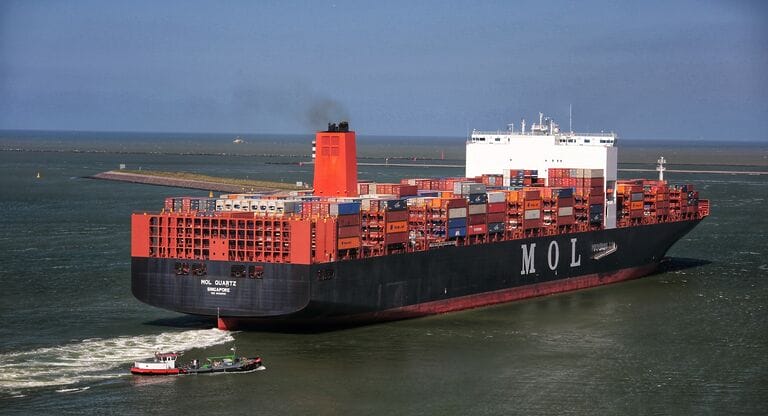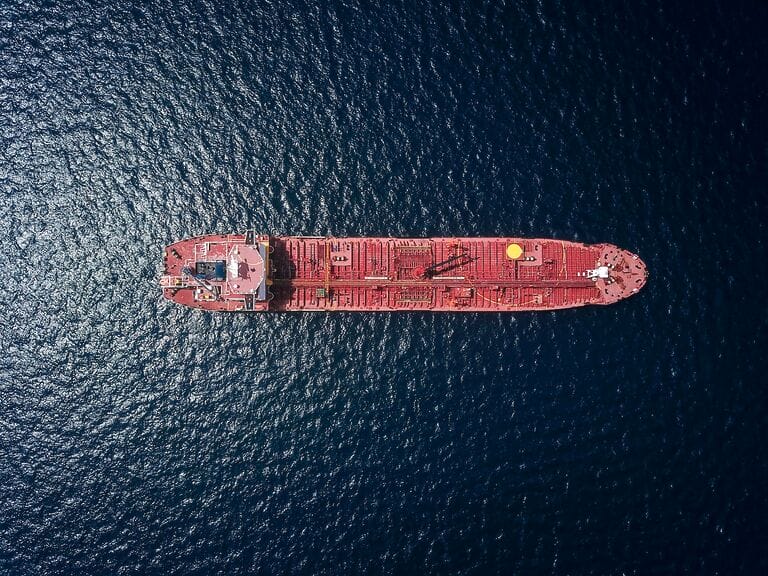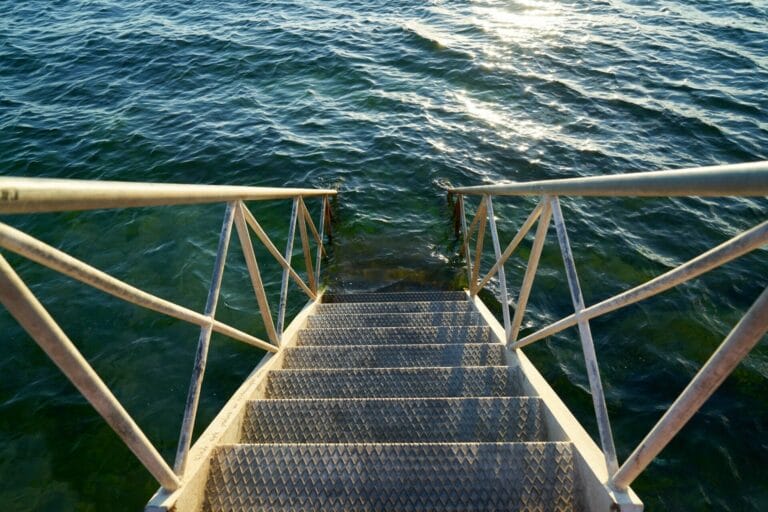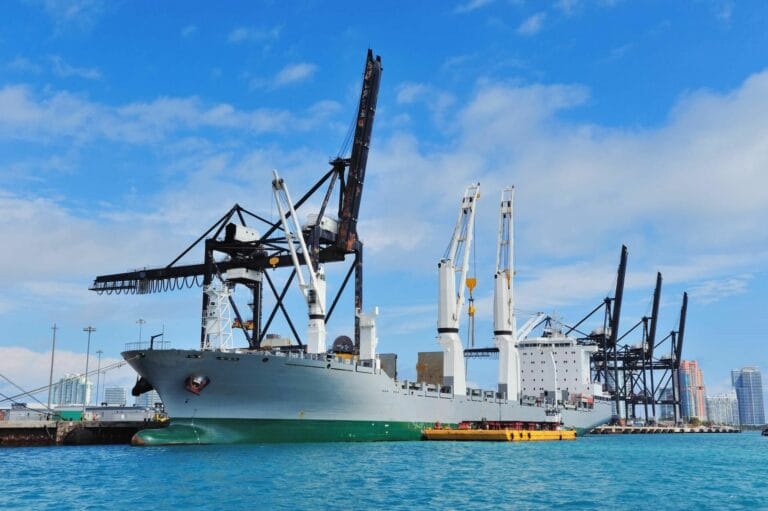Working Hours for Ship Crew
Working hours on a ship is a demanding profession that requires seafarers to exert their energy continuously. Fatigue is a significant concern for those working on ships, which is why ship working hours are crucial for the efficiency and safety of the crew and officers. According to the International Maritime Organization (IMO), work hours refer to the number of hours that a seafarer must be on duty or at the disposal of a superior outside of the crew’s quarters.
On the other hand, hours of rest on a vessel are defined as the hours outside of work hours, which do not include intermittent breaks. It is essential to maintain a balance between work and rest hours to ensure that the crew remains alert and focused while performing their duties. Therefore, shipowners and operators must adhere to regulations regarding working hours and provide adequate rest periods to prevent fatigue-related accidents and ensure the well-being of seafarers.
The International Labor Organization (ILO) is responsible for setting the legal limit on the number of working hours for seafarers, taking into account the needs of the marine industry. The ILO’s Maritime Labor Convention outlines the following guidelines for ship working hours:
- Under normal circumstances, seafarers should work eight hours a day, with one day as a rest day.
- Seafarers should not work for more than 14 hours in any 24-hour period or more than 72 hours in any seven-day period.
- Seafarers should be provided with a minimum of 10 hours of rest in any 24-hour period.
The ILO also specifies the minimum hours of rest for seafarers:
- Seafarers should receive a minimum of 10 hours of rest in any 24-hour period.
- Seafarers should receive a minimum of 77 hours of rest in any seven-day period.
Hours of rest can be divided into a maximum of two periods, with one period being at least six hours long. Two consecutive rest periods should not be separated by more than 14 hours. If a seafarer is required to be on call during their rest hours, they must be granted a compensatory rest period. These guidelines are crucial for maintaining the health and well-being of seafarers, preventing fatigue-related accidents, and ensuring the safe operation of vessels.
To ensure that seafarers receive adequate rest, operations such as lifeboat drills, fire fighting drills, and drills prescribed by national laws and regulations should be conducted in a manner that minimizes disruption to their rest period.
In addition, a ship’s working hours and hours of rest for all crew members in all positions must be displayed in an easily accessible location to inform seafarers in advance. It is also mandatory to maintain a log that records the number of hours of work and rest for every crew member at all times.
However, there may be exceptional circumstances where the master of the ship deems it necessary to require the services of a seafarer in the interest of maintaining the safety of the ship, especially during emergencies. In such cases, an exception can be made to the aforementioned clauses. Nonetheless, these exceptions must be minimal and justified, and the seafarer should be granted compensatory rest after such exceptional duties.
Need For Crew Change ? Contact Us Now!
BALANCIA SHIP AGENCY
HQ Address : Komplex Ruko Golden City Block C No.3A, Batam City, Indonesia 29432
www.balancia.co.id
Mobile Ph. : +628112929654
Office Ph. : +627784883769










